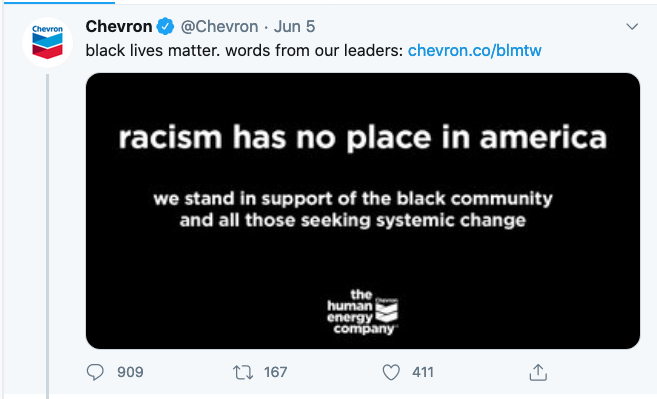
While falling far short of what is necessary, it's difficult to exaggerate how fundamental a transformation #COP26 was from previous COPs in the manner in which fossil fuels were confronted by governments in and outside of formal negotiations.
A joint commitment by nearly 40 countries & institutions to end public finance for oil, gas, and coal projects overseas; The Beyond Oil and Gas Alliance, launched by 12 countries and regions, the first diplomatic initiative to phase-out fossil fuel production; the methane pledge;
Where the Paris Climate Accord & all previous agreements assiduously eschewed the words "oil,""coal,""natural gas"or"fossil fuels" to intentionally avoid naming & targeting the production of these primary causes of the #ClimateCrisis
The final #COP26 text specifically names "coal" and calls upon governments to "phase-down" "inefficient fossil fuel subsidies recognizing the need for support towards a just transition."
While "phase-down" & "inefficient" are heavily watered down text, governments and industry will be hard-pressed to prove fossil fuel subsidies are "efficient" at this stage in the climate crisis given proven economic efficiency gains of a rapid just transition to renewables.
And as fossil fuels rapidly become stranded assets which financiers, governments and the public refuse to be burdened with, especially in light of the ruling against Shell in the Hague and the @IEA conclusion that there can be no new investments in fossil fuel production.
• • •
Missing some Tweet in this thread? You can try to
force a refresh




